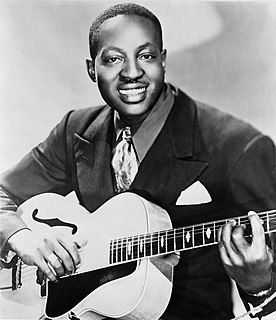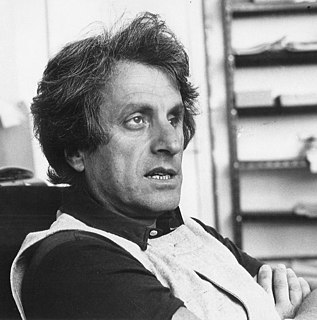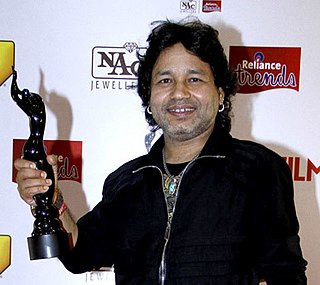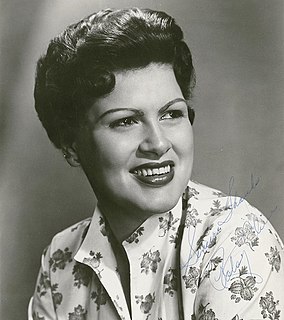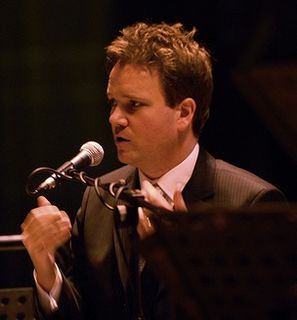A Quote by James Weldon Johnson
Any musical person who has never heard a Negro congregation under the spell of religious fervor sing these old songs has missed one of the most thrilling emotions which the human heart may experience.
Related Quotes
So when it came to role models, I looked at presidents' wives. Of course, you're talking about a farm girl who stood in the fields, dreaming, years ago, wishing she was that kind of person. But if I had been that kind of person, do you think I could sing with the emotions I do? You sing with those emotions because you've had pain in your heart.
If I sing "you broke my heart, you left me flat," everyone knows exactly what that means - they know the story. But if I sing a line that's plaintive or wailing, people can experience their own set of emotions and their own story. Each of us might give that phrase a different meaning. It's open to interpretation, and one song becomes a thousand songs. I love that.
Just take the negro child. Take the white child. The white child, although it has not committed any of the per - as a person has not committed any of the deeds that has produced the plight that the negro finds himself in, is he guiltless? The only way you can determine that is, take the negro child who's only four-years-old. Can he escape, though he's only four years old, can he escape the stigma of discrimination and segregation? He's only four-years-old.
To make music means to express human intelligence by sonic means. This is intelligence in its broadest sense, which includes not only the peregrinations of pure logic but also the "logic" of emotions and intuition. My musical techniques, although often rigorous in their internal structure, leave many openings through which the most complex and mysterious factors of the intelligence may penetrate.
Traditional religions practices are important.They allow us to share with others the communal experience of adoration and prayer,but we must never forget spiritual experience is above all a practical experience of love,and with love,there are no rules some may try to control their emotions and develop strategies for their behavior,others may turn to reading books of advice from "experts" on relationships but this is all folly.The heart decides and what it decides is all that really matters.
The unconscious is the only available source of religious experience. This in certainly not to say that what we call the unconscious is identical with God or is set up in his place. It is simply the medium from which religious experience seems to flow. As to what the further cause of such experience might be, the answer to this lies beyond the range of human knowledge.




